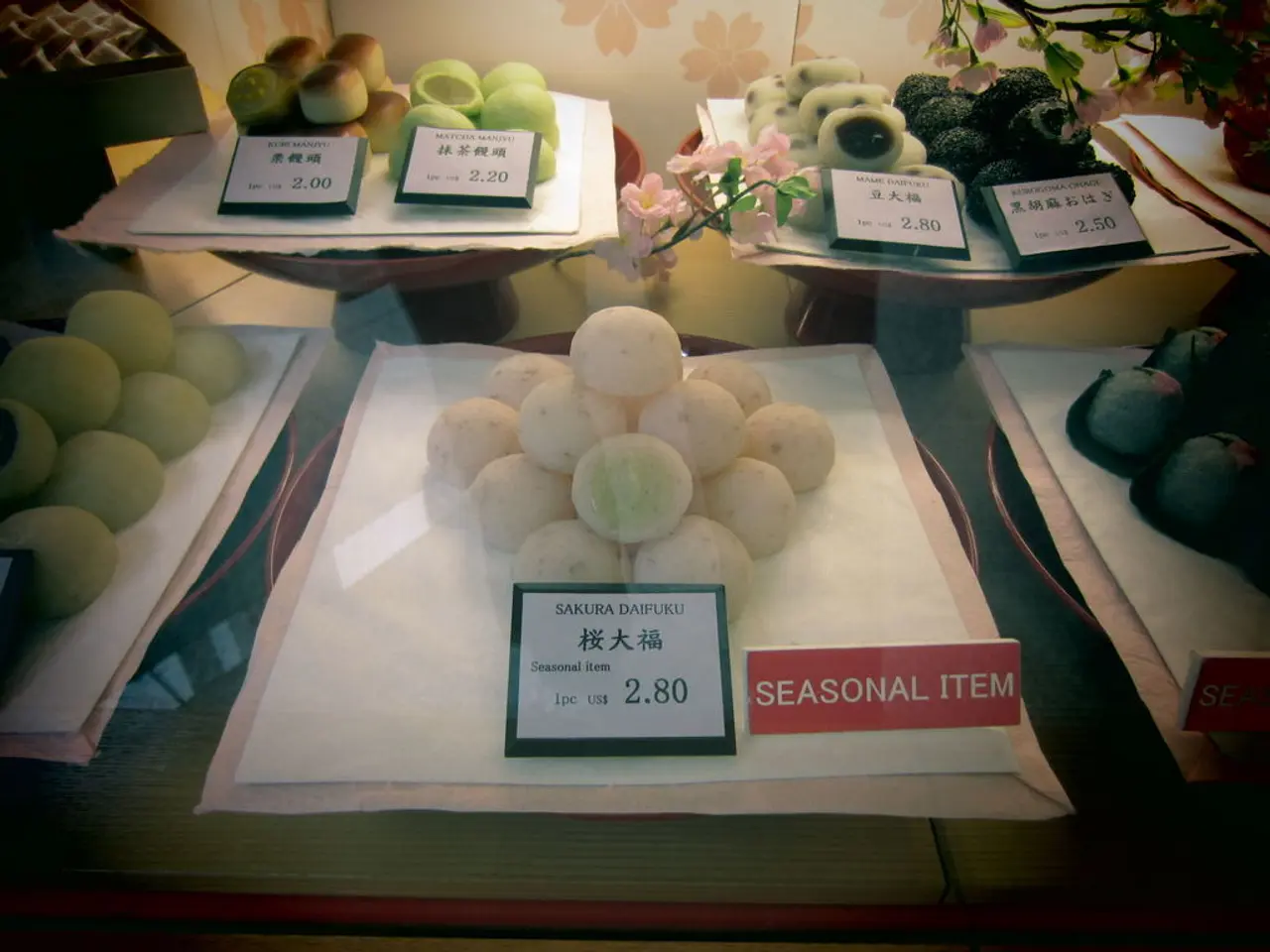Sustainable Packaging Options and Kraft Paper: essential information
In the world of packaging, kraft paper stands out as a versatile and eco-friendly alternative to traditional plastic options. Originating from the German word for "strength," kraft paper has been around for over a hundred years and continues to be at the forefront of sustainable packaging.
Kraft paper is renowned for its durability, making it suitable for various purposes beyond just packaging. It can be used for moving day protection, kitchen uses, craft projects, and gardening. One piece of kraft paper can have three lives compared to the one-time use of plastic wrap, making it a more sustainable choice for everyday use.
The recyclability of kraft paper is another key advantage. It can be recycled multiple times, contributing to a circular economy. However, it's important to note that recycling regulations for kraft paper may vary slightly depending on the suburbs, so it's essential to check council regulations.
When it comes to long-distance shipping situations, bubble wrap might be more effective than kraft paper due to its protective properties. Nevertheless, kraft paper's simplicity and familiarity make it a suitable option for the movement towards greener packaging.
In recent years, several German companies have increased the use of kraft paper in their packaging as part of their environmental efforts. The Sustainable People GmbH from Hamburg is notable for producing eco-friendly packaging solutions, including biodegradable and recycled materials. Zeppelin Systems GmbH also uses environmentally friendly packaging such as zipper bags made from 100% post-industrial recycled polyethylene, powered by renewable energy.
The pulping process used to make kraft paper doesn't dissolve the natural fibers extensively, which means that many of the pulping chemicals used in its production can be recycled by manufacturers, creating less waste during production.
Composting kraft paper causes it to decompose much faster than laminated packaging material or plastics. However, greasy kraft paper (like chip shop packaging) should not be recycled but composted instead.
The shift towards sustainability is evident in various sectors. Supermarkets are phasing out plastic bags, and NSW has implemented stricter regulations on single-use plastics. While plastic continues to be used in situations where waterproofing is essential, kraft paper's versatility, recyclability, and compostability make it an attractive alternative for businesses and consumers alike.
In conclusion, kraft paper is more than just a packaging material; it's the Swiss Army knife of the packaging world. Its durability, recyclability, and versatility make it an essential component in the move towards a more sustainable future.
Read also:
- Peptide YY (PYY): Exploring its Role in Appetite Suppression, Intestinal Health, and Cognitive Links
- Toddler Health: Rotavirus Signs, Origins, and Potential Complications
- Digestive issues and heart discomfort: Root causes and associated health conditions
- House Infernos: Deadly Hazards Surpassing the Flames








